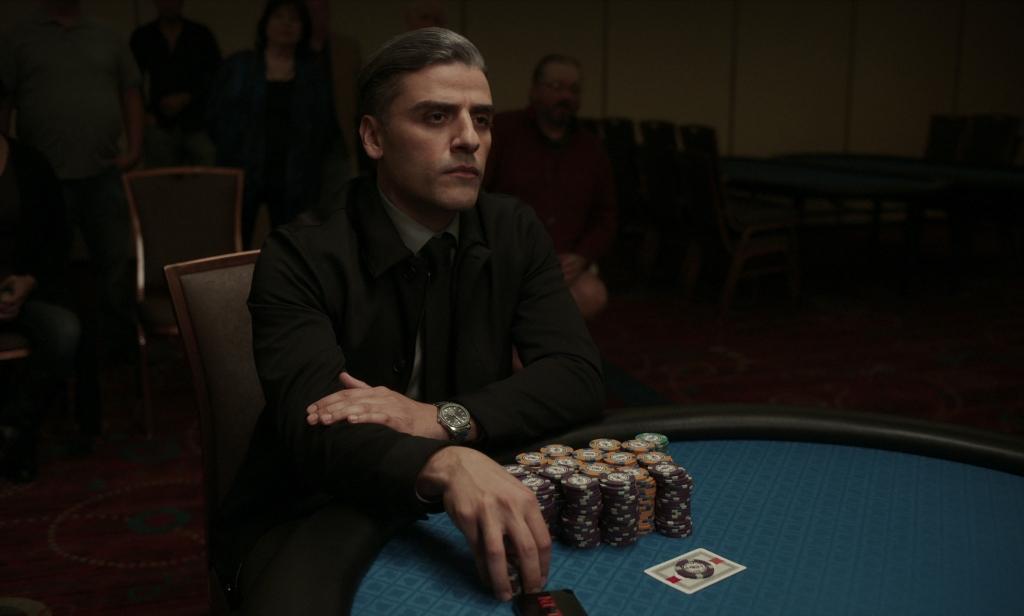Love him or hate him (and there are few people on the fence), you’ve got to give filmmaker Paul Schrader credit for one thing: He’s consistent. He’s consistent in that he uses the same blueprint for most of his movies, something that some might deem as lazy and repetitive.

William Tell (Oscar Isaac), an Iraq War veteran and convicted felon, earns his living playing poker in, “The Card Counter.” Focus Features/Copyright 2021 Focus Features, LLC
|Updated:
Originally from the nation's capital, Michael Clark has provided film content to over 30 print and online media outlets. He co-founded the Atlanta Film Critics Circle in 2017 and is a weekly contributor to the Shannon Burke Show on FloridaManRadio.com. Since 1995, Clark has written over 5,000 movie reviews and film-related articles. He favors dark comedy, thrillers, and documentaries.
Author’s Selected Articles





